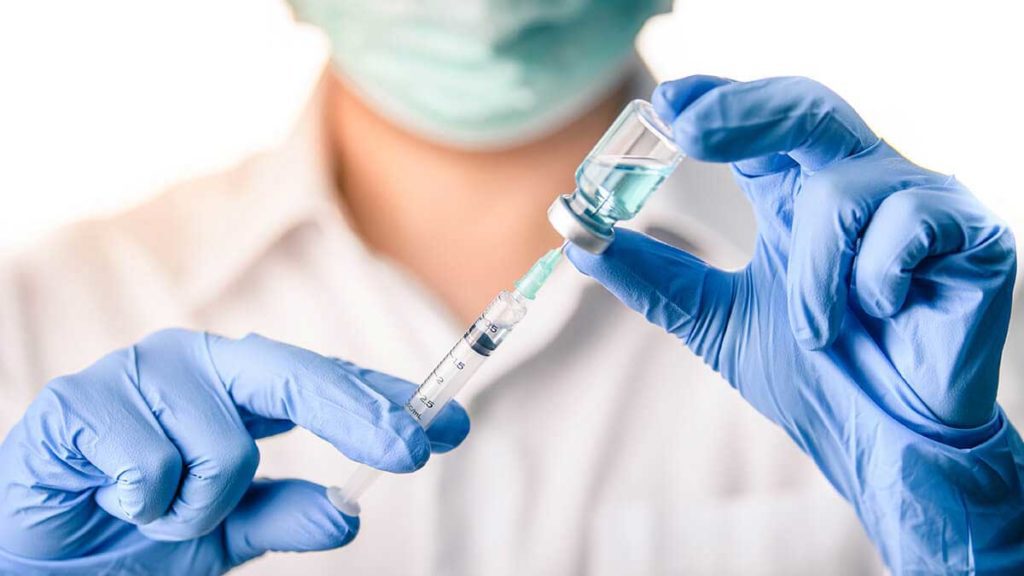
As the pandemic continues spreading, the coronavirus is now disrupting lifesaving immunization services around the globe, and putting millions of children at risk of diseases like measles, diphtheria, and polio. This warning comes jointly from WHO the World Health Organization, Gavi the Vaccine Alliance, and UNICEF. The warning came just before the Global Vaccine Summit is set to take place on June 4th, where leaders will unite in helping to maintain immunization programs and manage the impact of the pandemic in low income countries (LMICs).
Data collected by UNICEF, WHO, Gavi, and the Sabin Vaccine Institute indicate that the provisioning of routine immunization services is being substantially hindered in at least 68 countries and will impact approximately 80 million children under the age of 1.
Almost 53% of the 129 countries where the data was available have reported moderate-to-severe disruption in immunization services, or a total suspension of vaccination services during March and April 2020.
Dr Tedros Adhanom Ghebreyesus, WHO Director-General said that immunization is the most powerful disease prevention tool in the history of public health. Disruption to immunization services due to the pandemic threatens decades of progress against certain vaccine preventable diseases.
The reasons due to the disruption of immunization services vary. Some parents are hesitant to leave the home due to restrictions on movement, lack of information or because they are afraid of infection. Many health workers are unavailable due to restrictions on travel, lack of protective equipment or redeployment to COVID response duties.
Dr. Seth Berkley, CEO of Gavi mentioned that more children are now protected against more vaccine diseases than ever before in history. However due to the pandemic, this progress is now under great threat, risking the resurface of diseases like polio and measles. “Not only will the maintenance of immunization services prevent more outbreaks, it will also ensure we have the necessary infrastructure for an eventual coronavirus vaccine,” Berkley affirms.
Transport delays of vaccines are not helping the situation. UNICEF has reported a significant delay in planned vaccine deliveries due to the enforced lockdown and the decline in commercial flights. To help alleviate the situation, UNICEF is appealing to governments, the airline industry, the private sector and others so that they free up freight space at an affordable cost for these necessary vaccines. UNICEF and Gavi recently signed an agreement that provides advanced funding to cover the increased freight cost for the delivery of vaccines.
In the upcoming week, WHO will issue new advice to countries regarding maintaining essential services throughout the pandemic, including tips and recommendations on how to provide the immunizations safely.
Several countries have temporarily suspended preventive mass vaccination campaigns against measles meningitis, cholera, typhoid, yellow fever and polio, due to the risk of transmission and the need to keep physical distancing enforced during the pandemic.
In particular, polio and measles vaccination campaigns have been hard hit with measles campaigns being suspended in 27 countries and polio campaigns being put on hold in 38 different countries. An expected minimum of 24 million people in 21 Gavi-supported lower income countries risk missing out on the vaccines against polio, measles, yellow fever, typhoid, cholera, rotavirus, meningitis A, HPV, and rubella due to the prolonged campaigns and the introduction of new vaccines.
Late in March, WHO recommended that countries temporarily suspend preventive campaigns, while they assess the risks and effective measures for reducing the virus transmission.
Since then, WHO have been monitoring the situation, and issued advice that aids countries in determining how and when to resume mass vaccination campaigns. The guide notes that countries will have to make specific risk assessments based on local dynamics of the virus transmission, health system capacities, and public health benefit of undergoing preventive response vaccination campaigns.